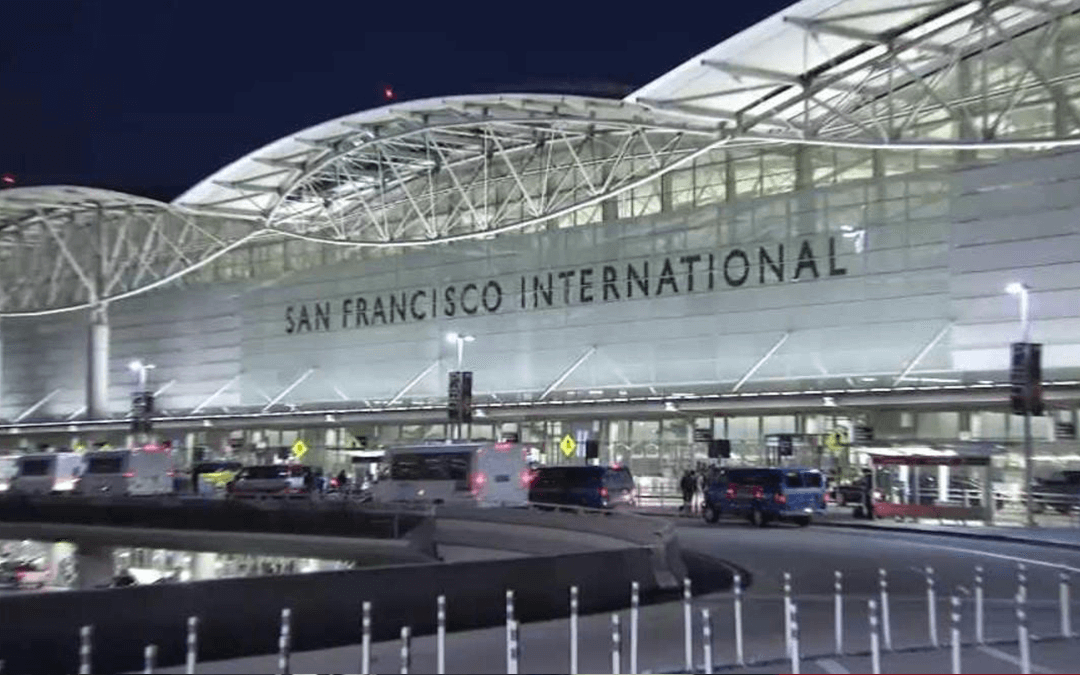
by Eric Price | Jul 16, 2020 | American, COVID, EAP, Front Page, MNPL, Uncategorized, United
SFO Local 1781 and 1782 Conduct 3 Days of Briefings to Help Members Prepare Chris Lusk, IAM District 141 Educator and Vice President of 1781, briefs the membership about efforts their local is taking to prepare for the potential of large-scale labor that major...
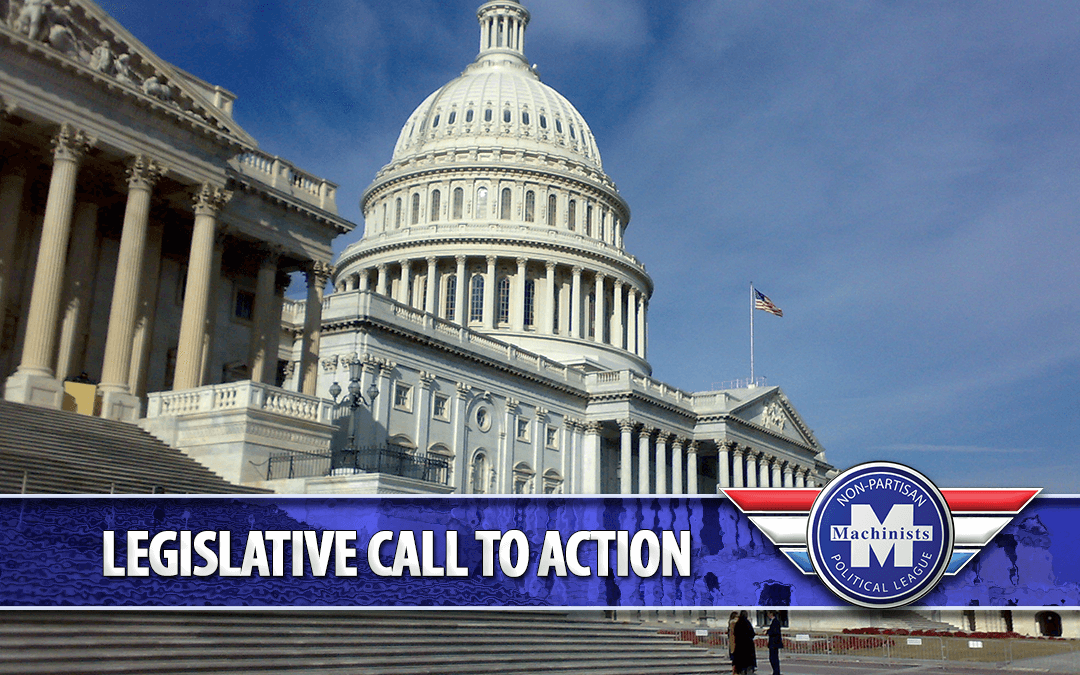
by Eric Price | Jul 15, 2020 | COVID, Front Page, MNPL, Row 2, Uncategorized
Dear Sisters and Brothers, Over the last four months, we have experienced the devastating effects of COVID-19. Many of us have lost family and friends, and just about all of us know someone whose life was cut short due to this vicious virus. In addition to the human...
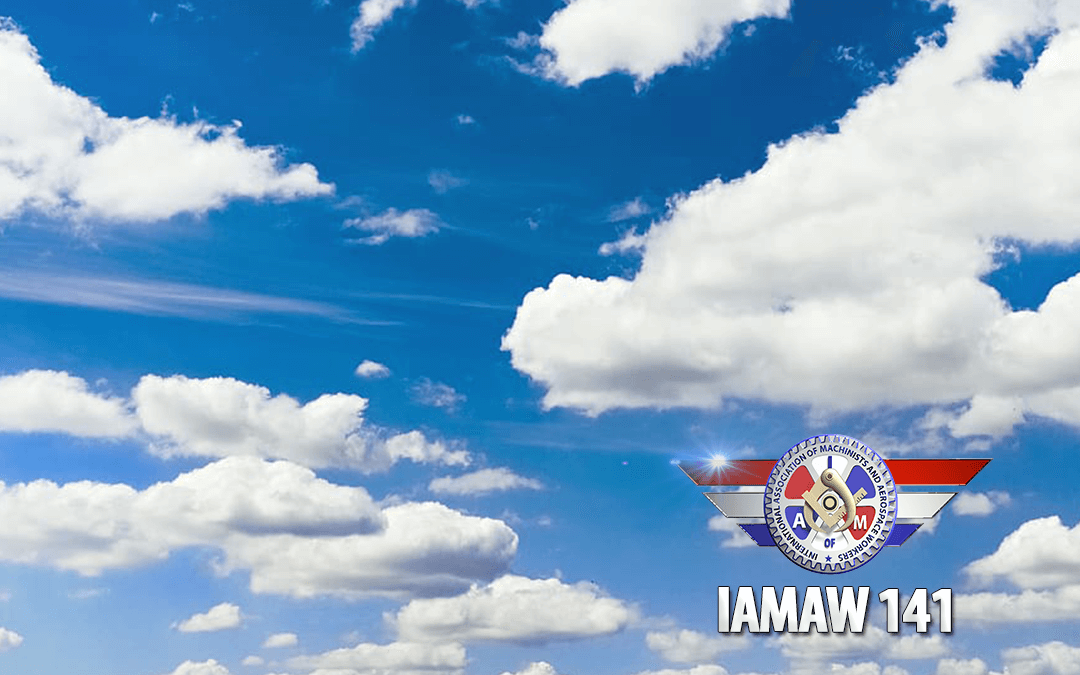
by Eric Price | Jul 13, 2020 | Airlines, COVID, Featured News, Front Page, Row 2, Safety
As the numbers of air travelers inches ever closer to pre-pandemic levels, one question keeps popping up: “Is Flying Safe?” Amid shutdowns, botched re-openings, anti-mask histrionics, and travel bans, air travel has been stuck in a perpetual holding...
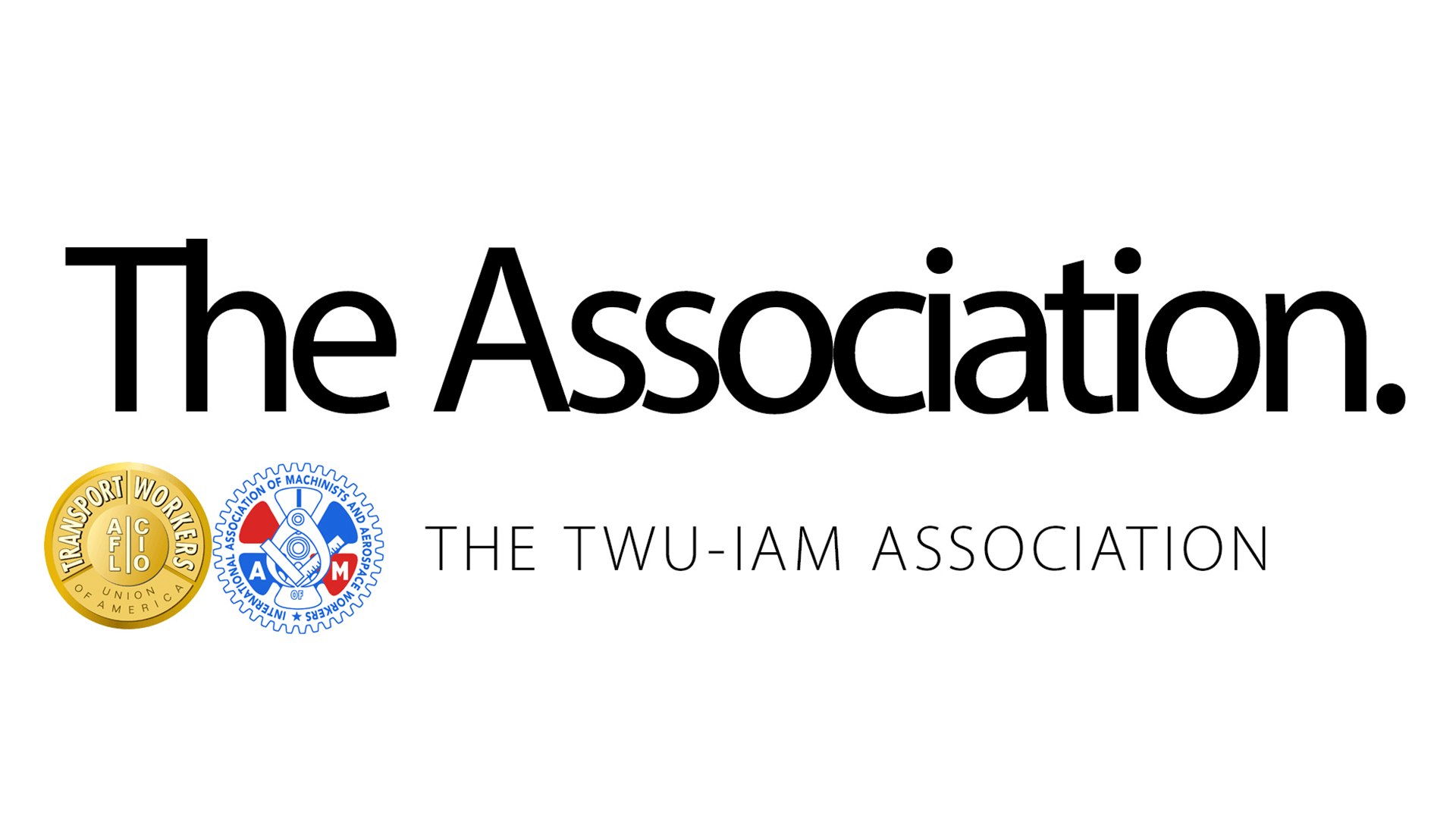
by Eric Price | Jul 10, 2020 | American, COVID, Featured, Featured News, Front Page, MNPL, Row 2
July 10, 2020 To All TWU/IAM Association Members at American Airlines: American Airlines has informed the Association that it will be sending Worker Adjustment and Retraining Notifications (WARN Act notifications) to Association covered employees. This notice, which...
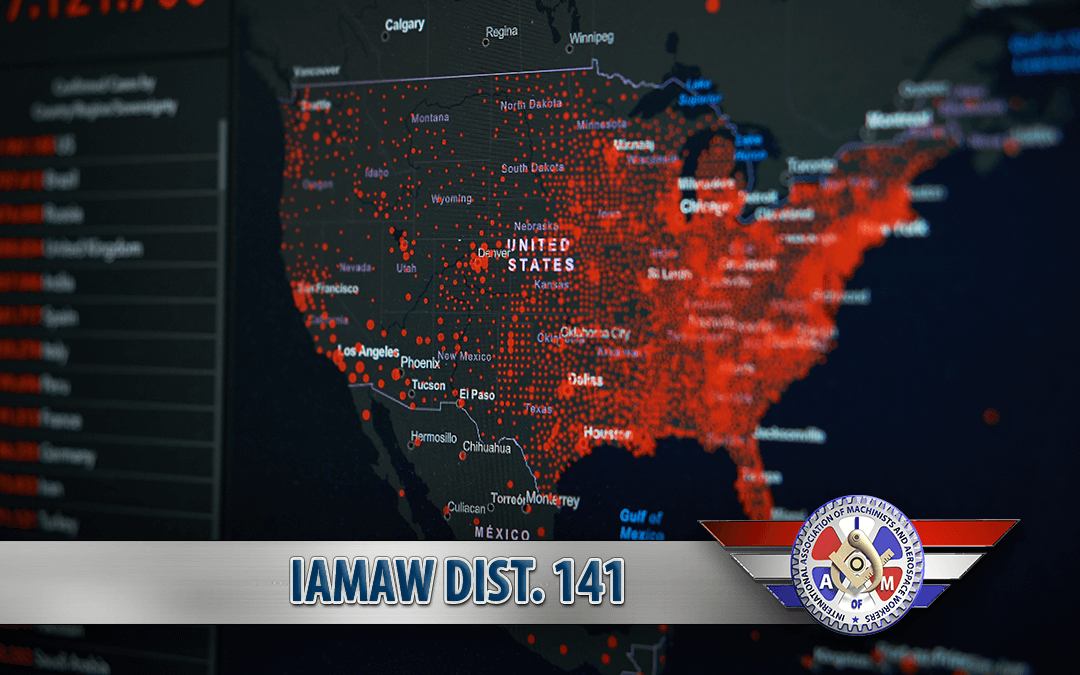
by Eric Price | Jul 10, 2020 | COVID, Education, Featured, Featured News, Front Page, Row 2, Safety, Safety
Johns Hopkins University, the world’s foremost research facility in the war against COVID-19, is offering a free online course for anyone interested in training for a job as a contact tracer. A key strategy for confronting the COVID-19 pandemic has become...
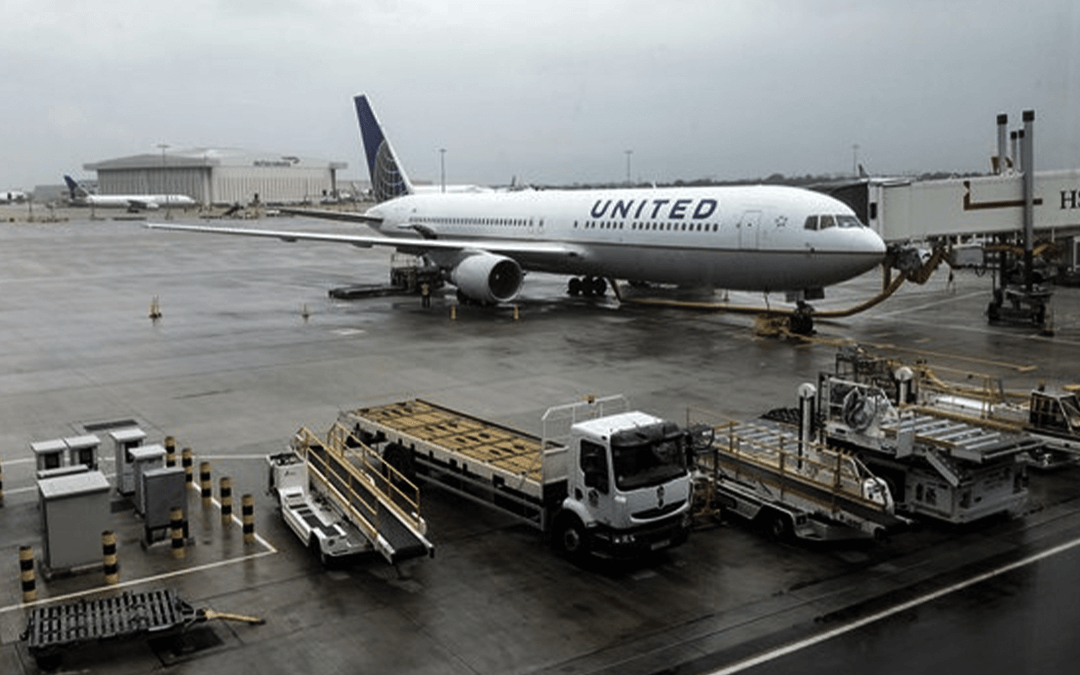
by Eric Price | Jul 9, 2020 | COVID, Featured, Featured News, Front Page, Row 2, Uncategorized, United
En Español /// To IAM members at United Airlines: Yesterday, as required by the Worker Adjustment and Retraining Notification (WARN) Act, United Airlines informed the IAM that 12,645 District 141-represented workers could be furloughed as soon as October 1, 2020. It...







